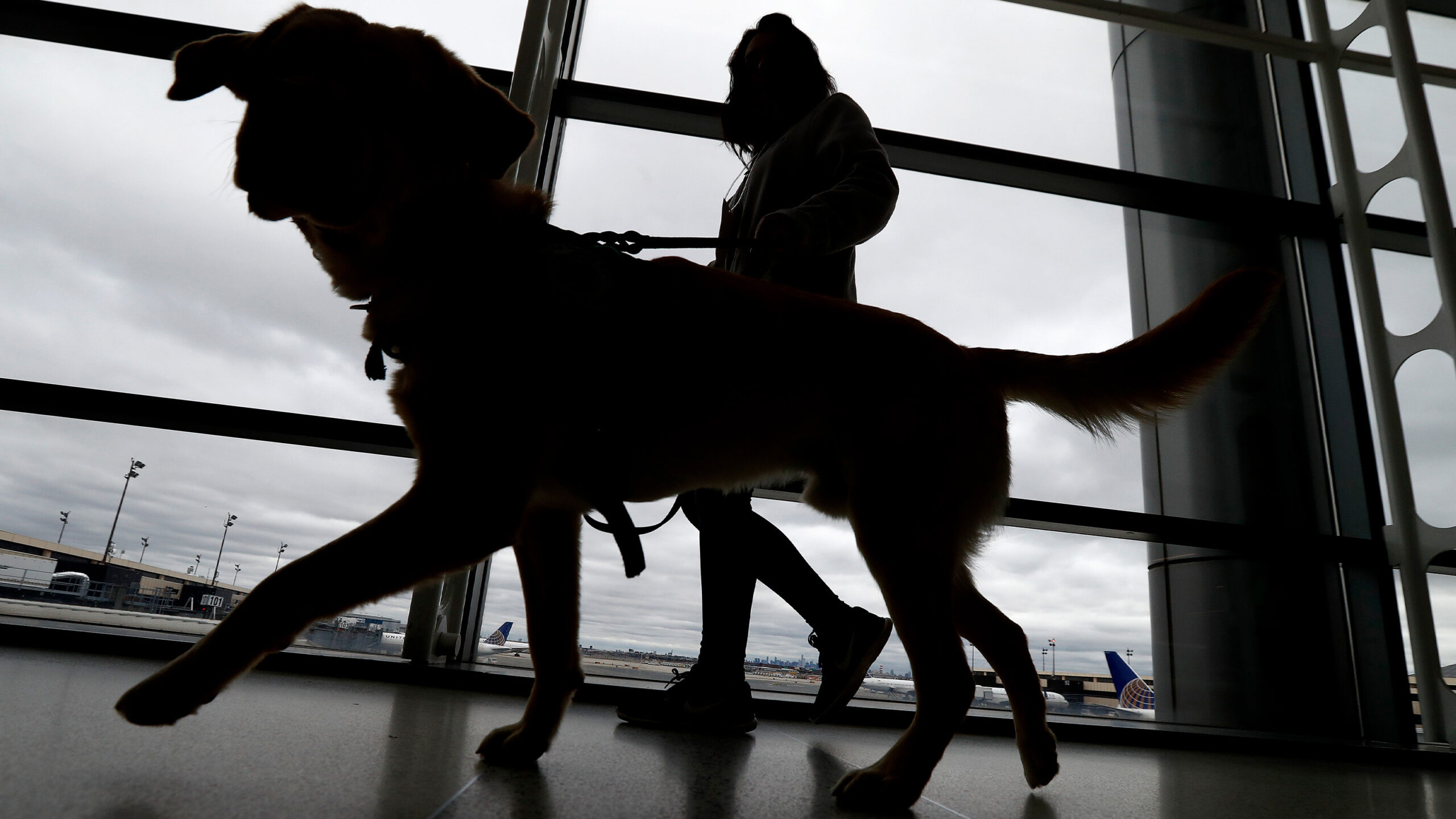The United States has announced new regulations for bringing dogs into the country, set to take effect in August.
On Wednesday, the US Centers for Disease Control and Prevention (CDC) revealed updated rules aimed at preventing canine rabies from entering the country. Starting August 1, all dogs entering the US must appear healthy upon arrival, be at least 6 months old, have a microchip, and be accompanied by a filled-out “CDC Dog Import Form” receipt completed online two to 10 days before arrival. These regulations apply to all dogs, including service dogs and those returning from abroad who were born in the US.
Additional requirements may apply based on the dog’s travel history in the previous six months or vaccination location. The CDC provides travel checklists for both US-vaccinated dogs and those vaccinated abroad in high-risk countries.
While rabies in dogs was eradicated in the US in 2007, it remains prevalent in over 100 countries worldwide. Unvaccinated dogs can contract the disease from wildlife. Rabies is mainly found in wild animals such as bats, raccoons, skunks, and foxes in the US, but it’s a significant issue in certain regions of Asia, Africa, and Central and South America.
Dogs arriving from high-risk rabies countries must be vaccinated against the disease. Other requirements may include blood serology tests to check for rabies antibodies after vaccination. These titers are valid for the dog’s lifetime with regular booster shots. If a dog’s vaccination expires before a booster shot is administered, a new titer must be drawn at least 30 days after the booster.
Dogs without titer results upon arrival must undergo quarantine at an animal care facility for 28 days or until titer results are submitted. The CDC recommends using their new “DogBot” tool on their website to determine applicable rules based on travel dates, vaccination location, and country of origin.
Animal advocacy groups like Animal Wellness Action have criticized the regulations as excessive, particularly the requirement for CDC-approved laboratories for serology titers. However, the American Veterinary Medical Association supports the CDC’s efforts, emphasizing the importance of protecting public health and canine welfare.
According to CDC spokesperson David Daigle, these updates aim to prevent the reintroduction of dog rabies into the US and establish an importation system to reduce fraud and verify that imported dogs meet US entry requirements.















































